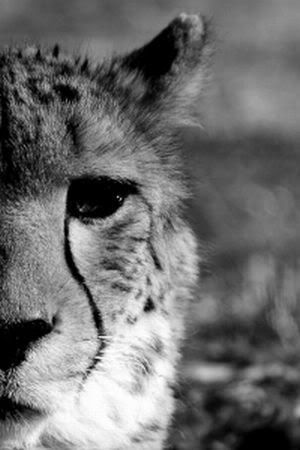Post by Peace on Sept 14, 2007 8:50:58 GMT -5
A notable feature of the sidhe is that they have distinct tribes, ruled over by faery kings and queens in each territory. It would seem that the social order of the sidhe corresponds to the old aristocracy of ancient Irish families, which is in itself a reflection of the ancient Celtic caste system. It is interesting to note that many of the Irish refer to the sidhe as simply "the gentry", on account of their tall, noble appearance and silvery sweet speech. They have their own palaces where they feast and play music, but also have regular battles with neighboring tribes. The great faery hosts seem to be distinctly Milesian, but there are still folk memories of perhaps older pre-Gaelic races and their gods, in the form of the 'geancanach', a spirit of Ulster, or the 'cluricaun', of Munster. We must not forget also the 'leprechaun', a diminutive creature who is said to know the whereabouts of a pot of gold hidden in local faery raths. The leprechaun could possibly be a folk memory of a dwarfish race of Fir Bolg people who lived in these raths before the coming of the Gaels. In the testimonies of many rural folk a distinction is often made between the sidhe who are seen walking on the ground after sunset, and the 'Sluagh Sidhe', the fairy host who travel through the air at night, and are known to 'take' mortals with them on their journeys. There are also guardian sidhe of most of the lakes of Ireland and Scotland. These distinct categories of sidhe beings ties in with the testimonies of seers who divide the sidhe into wood spirits, water spirits, air spirits and so on, the elemental spirits of each place.
(c)L. MacDonald DALRIADA MAGAZINE 1993
"the land of faery,
where no one gets old and godly and grave.
where no one gets old and crafty and wise.
where no one gets old and bitter of toungue."
--william butler yeats
(c)L. MacDonald DALRIADA MAGAZINE 1993
"the land of faery,
where no one gets old and godly and grave.
where no one gets old and crafty and wise.
where no one gets old and bitter of toungue."
--william butler yeats


 www.healingspiritcommunity.com
www.healingspiritcommunity.com